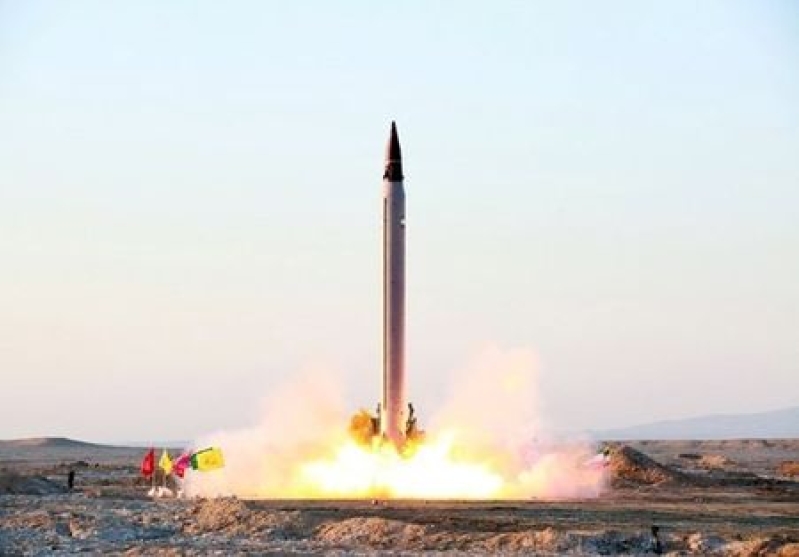
The United States plans to raise Iran's recent missile test in the United Nations Security Council on Wednesday, U.N. diplomats said, after Washington declared that the launch had violated a U.N. ban on ballistic missile tests by Tehran.
Iran said this month it had tested a new precision-guided ballistic missile. The U.S. ambassador to the United Nations, Samantha Power, has said that the medium-range missile was capable of delivering a nuclear weapon.
U.N. diplomats, speaking on condition of anonymity, said the United States planned to raise the issue during a meeting of the 15-member Security Council.
The United States is also preparing a report on the incident for the Security Council's Iran Sanctions Committee, Power said.
Also on Wednesday, a group of 11 U.S. senators, all of them President Barack Obama's fellow Democrats, wrote to Secretary of State John Kerry expressing "profound concern" about the Iranian missile test and urging him to consider "unilateral and multilateral responses."
Iran has disputed the U.S. assessment that the missile tested was capable of delivering a nuclear warhead.
"None of the Islamic Republic of Iran's missiles has been designed for a nuclear capability," Iranian Foreign Minister Mohammad Javad Zarif said on Saturday, according to Iran's state news agency IRNA.
"Rather they have been designed for the legitimate defense of the Islamic Republic's sovereignty and territory," he said.
Council diplomats have told Reuters it was possible to sanction additional Iranian individuals or entities by adding them to an existing U.N. blacklist. However, they noted that Russia and China, which have opposed the sanctions on Iran's missile program, might block any such moves.
Ballistic missile tests by Iran are banned under a 2010 Security Council resolution that remains valid until a nuclear deal between Iran and six world powers is implemented.
Under that deal, reached on July 14, most sanctions on Iran will be lifted in exchange for curbs on its nuclear program. Once it takes effect, Iran will still be "called upon" to refrain from work on ballistic missiles designed to deliver nuclear weapons for up to eight years.
The deal allows for supply of ballistic missile technology to Tehran with Security Council approval, but the United States has pledged to veto any such requests.
The missile test is not a violation of the nuclear deal, U.S. officials have said.
Iranian Supreme Leader Ayatollah Ali Khamenei on Wednesday conditionally approved the nuclear deal but warned it would be violated if any of the six world powers imposed any sanctions on any level and under any pretext.
(Reporting by Michelle Nichols and Louis Charbonneau in New York and Sam Wilkin in Dubai; Editing by Christian Plumb and James Dalgleish)






